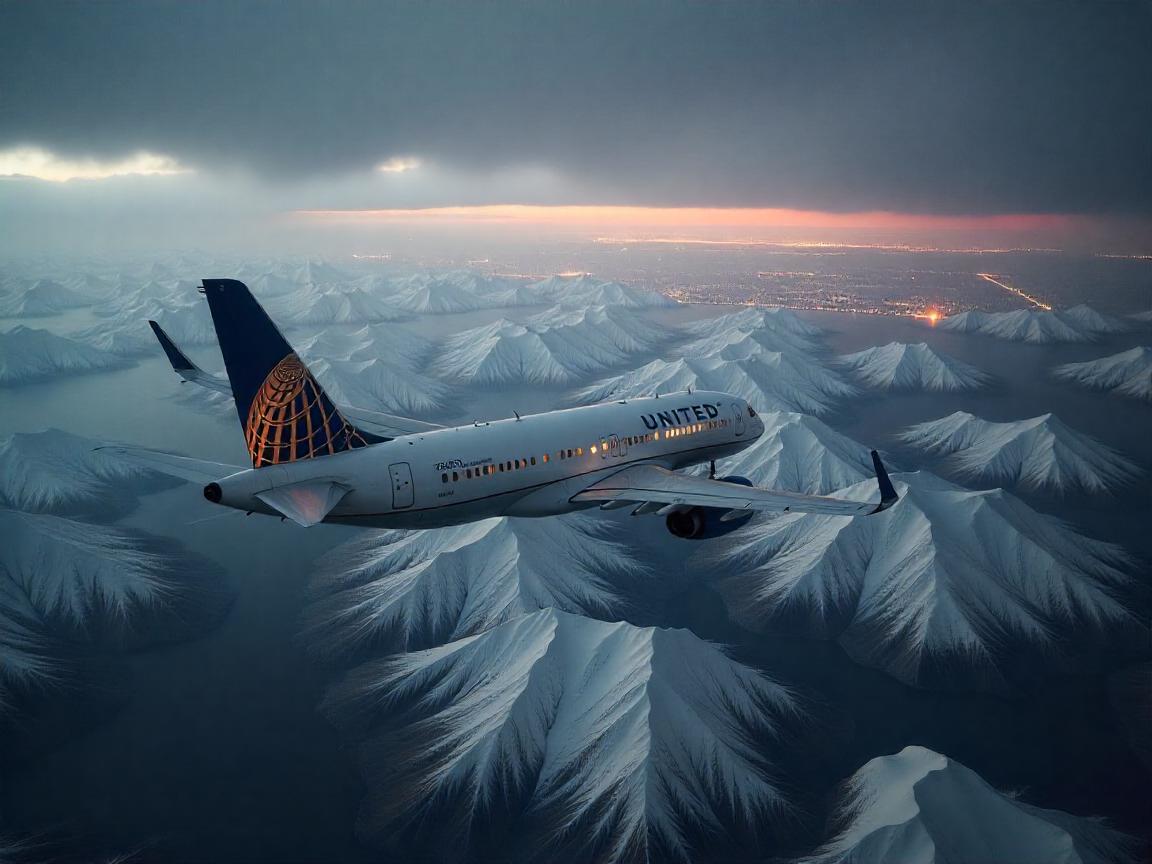How the Fourth of July Travel Surge Will Affect Tourism In The USA? Know Before You Go - Travel And Tour World
Saturday, June 28, 2025

As millions of Americans take to the roads and skies for the holiday, tourism is expected to experience both a surge and significant disruption. This period is one of the busiest times of the year for domestic travel, with tourism destinations across the seeing high foot traffic. However, with so many travelers heading to popular destinations and a mixture of , , and , the will undoubtedly have a significant impact on both the tourism industry and the visitors themselves.
The holiday is not just about fireworks—it’s also a massive occasion for tourism, driving people to iconic cities, coastal towns, and national parks. The extended weekend gives tourists the perfect opportunity to visit family-friendly attractions, festivals, and historic landmarks. In many cases, this surge in visitors translates to higher revenue for the hospitality sector, including hotels, restaurants, and entertainment venues.
:
While tourism demand is at its peak, travel disruptions caused by the surge in road traffic and air travel could significantly affect the for many. will be busy, and will be crowded, leading to longer travel times. This could result in delayed arrivals, missed connections, and less time spent at the destination itself. Travelers could find themselves spending more time on the road or at the airport than at the attractions they planned to visit, causing frustration and reducing the overall satisfaction of their trip.
:
While increased tourism during the holiday will undoubtedly benefit many sectors of the travel and hospitality industries, the crowds also bring about challenges. With so many travelers heading to the same well-known destinations, overcrowding becomes an issue, potentially diminishing the experience for visitors. As hotels, restaurants, and local attractions struggle to meet demand, the overall could suffer.
are gearing up for a significant increase in passengers during the weekend, with air traffic set to reach pre-pandemic levels. This puts a strain on airport security lines, check-in processes, and gate operations. and are common during such busy times, and travelers can expect potential disruptions to their itineraries.
- : Domestic flights are likely to see due to increased congestion at airports. This could have a significant impact on tourists who have limited time for their trips. For example, travelers flying from to or from to may have to contend with longer travel times, reducing their ability to make the most of their time at their destination.
The effects of the could also carry long-term implications for the tourism industry in the U.S. Overcrowded tourist spots and travel disruptions may influence where people choose to visit in the future. Many tourists may opt for less crowded destinations to avoid the chaos associated with major holidays like the Fourth of July.
:
Tourism trends suggest that some travelers may start looking for —lesser-known destinations or non-traditional holiday periods. This shift could push tourism away from iconic cities like , , and , and toward smaller towns, national forests, and less crowded areas that can provide a quieter, more enjoyable experience.
The Fourth of July holiday brings both opportunities and challenges for the tourism industry. While the holiday is a boon for businesses in popular travel destinations, the associated delays and overcrowding can impact the experience for many visitors. Understanding the potential disruptions—whether it’s traffic, flight delays, or busy tourist spots—will help travelers plan accordingly and make the most of their holiday.
By staying informed about live maps, weather forecasts, and flight statuses, tourists can avoid the worst disruptions and enjoy a memorable Fourth of July experience. However, the travel industry must continue to adapt to the growing demand and strive to improve the tourist experience during these high-demand periods.
Sources: American Automobile Association (AAA), FlightAware, Federal Aviation Administration (FAA), National Park Service
«Enjoyed this post? Never miss out on future posts by following us»
Tags: airport status July 4, Arizona, Boston, California, Cape Cod, Chicago, Dallas/Fort Worth, flight delays July 4, florida, Fourth of July holiday travel, Fourth of July tourism impact, Grand Canyon, Illinois, July 4th tourism USA, Las Vegas, Los Angeles, massachusetts, Miami, Nevada, New York, New York City, pacific northwest, Phoenix, San Francisco, santa monica, Texas, tourism effects July 4th, United States, usa, USA Fourth of July travel, USA travel forecast, Washington D.C., Wyoming, Yellowstone National Park












